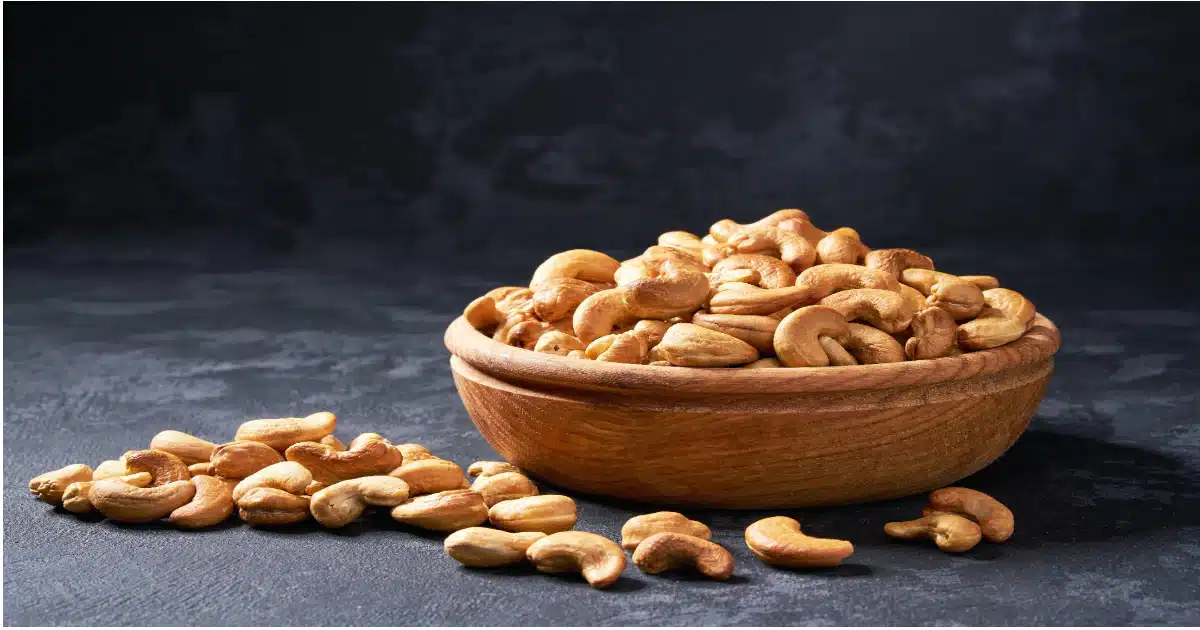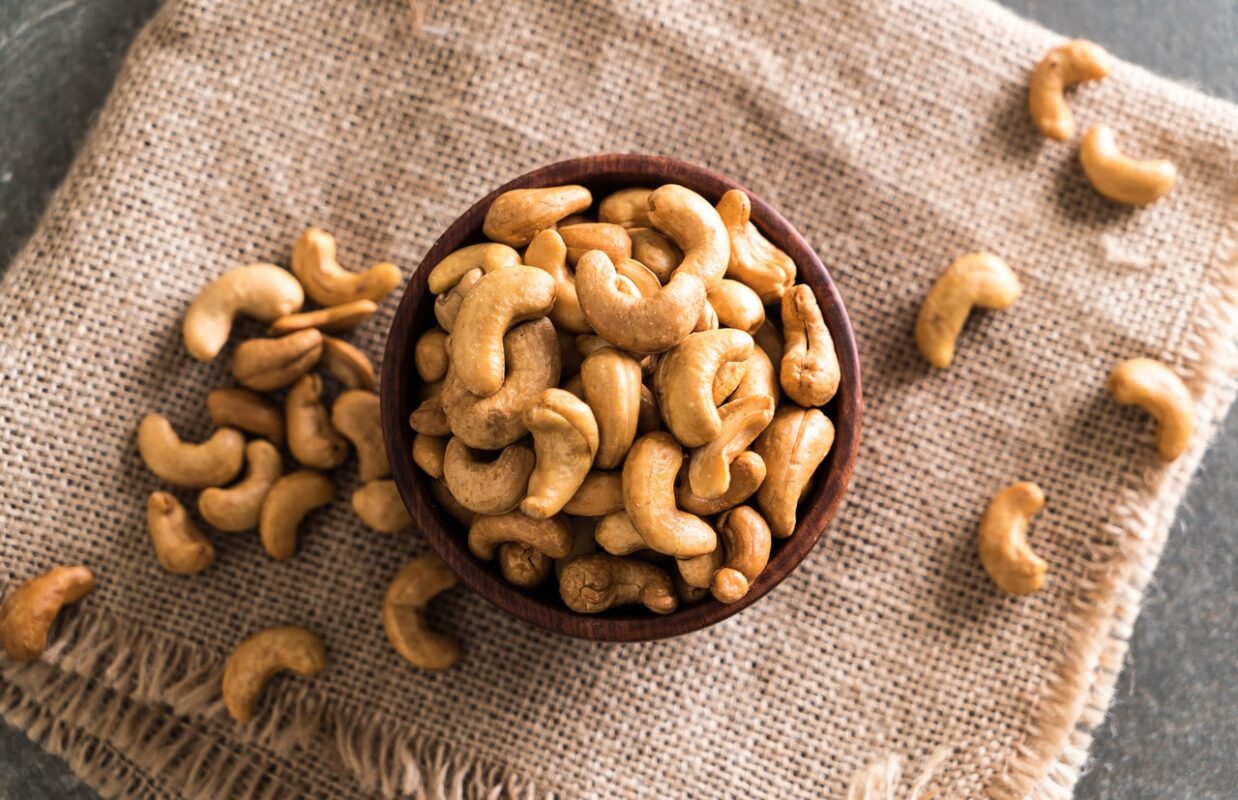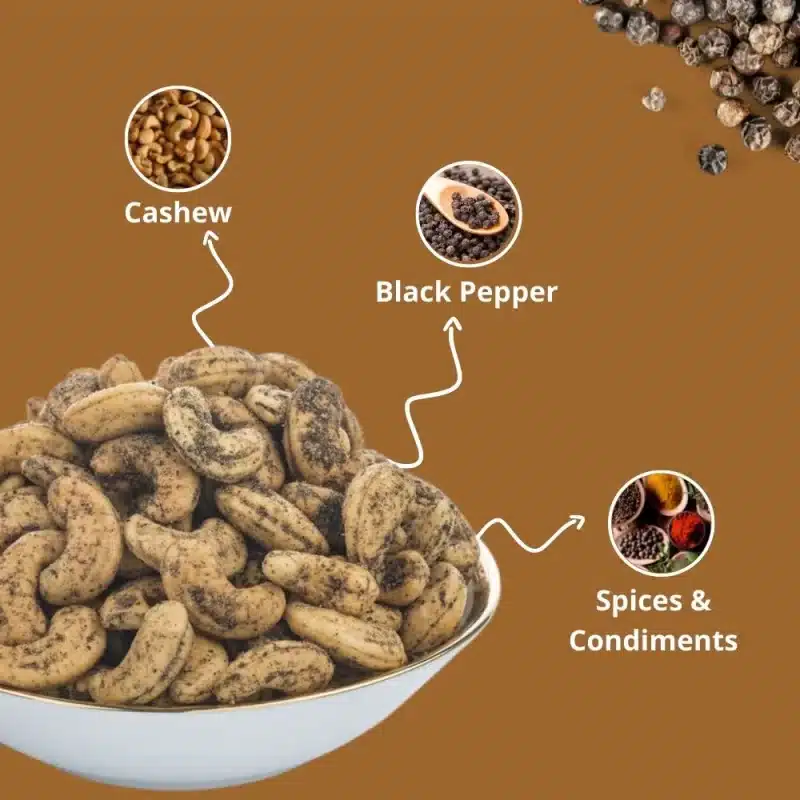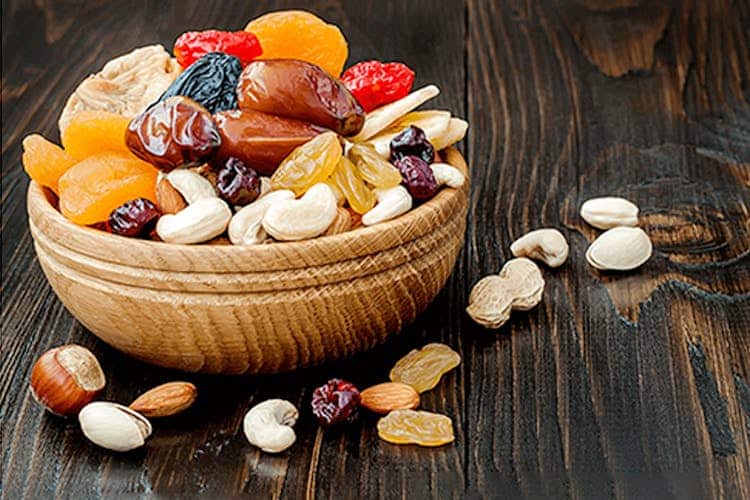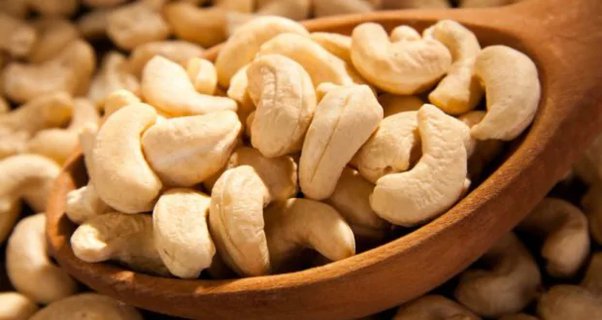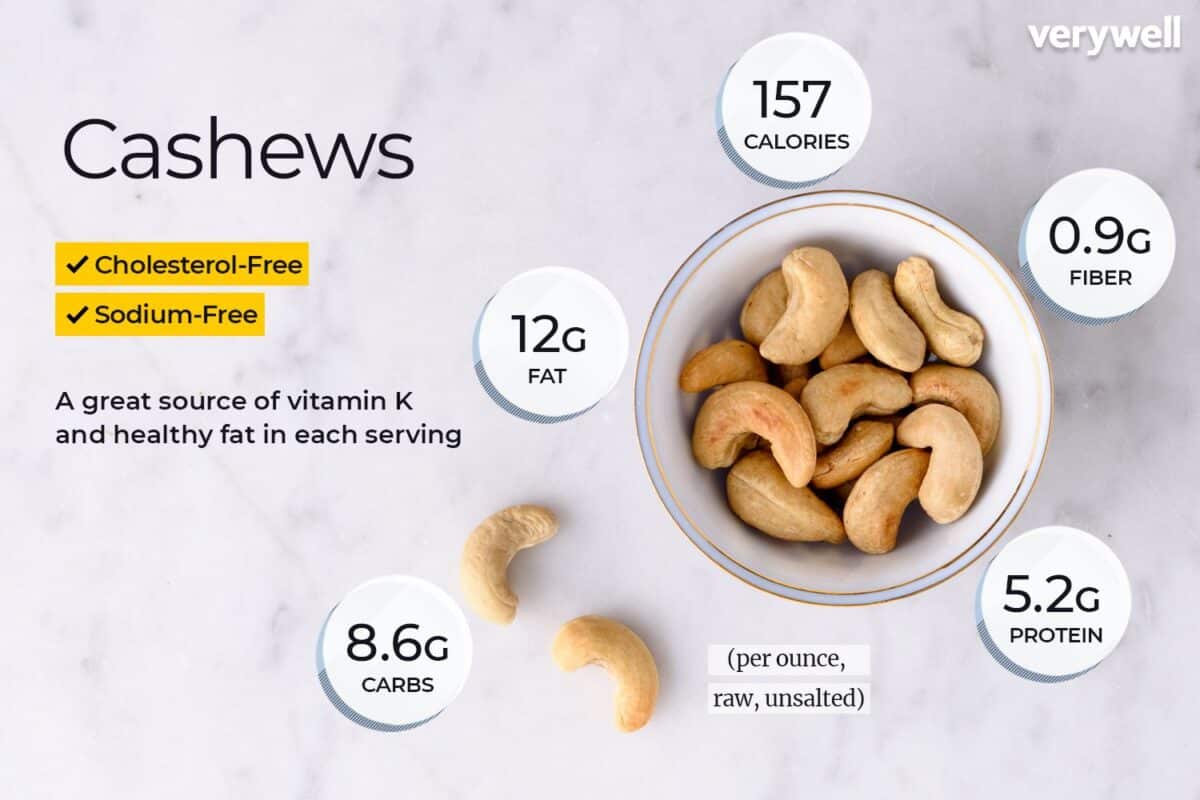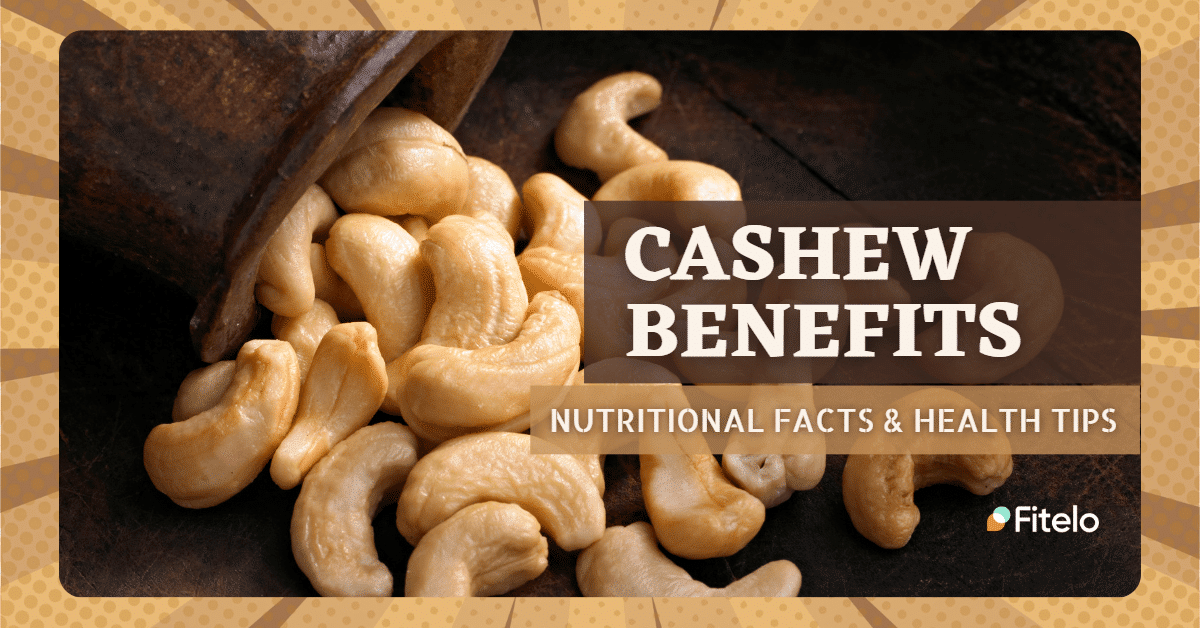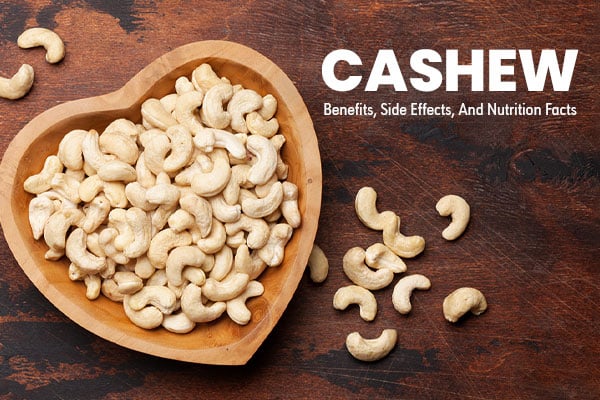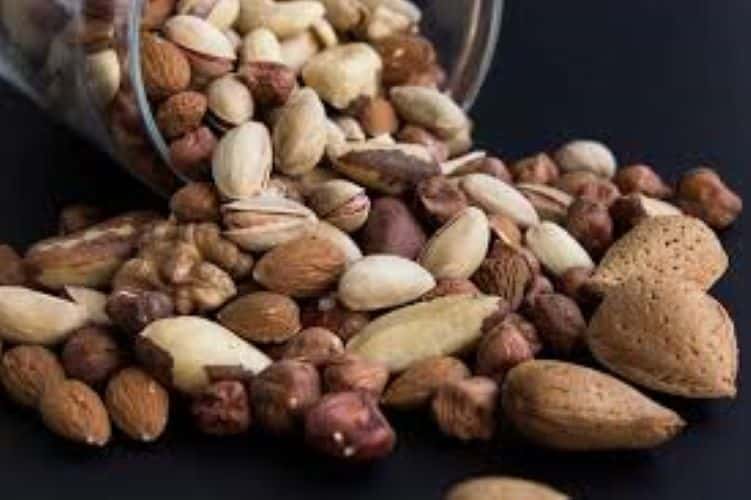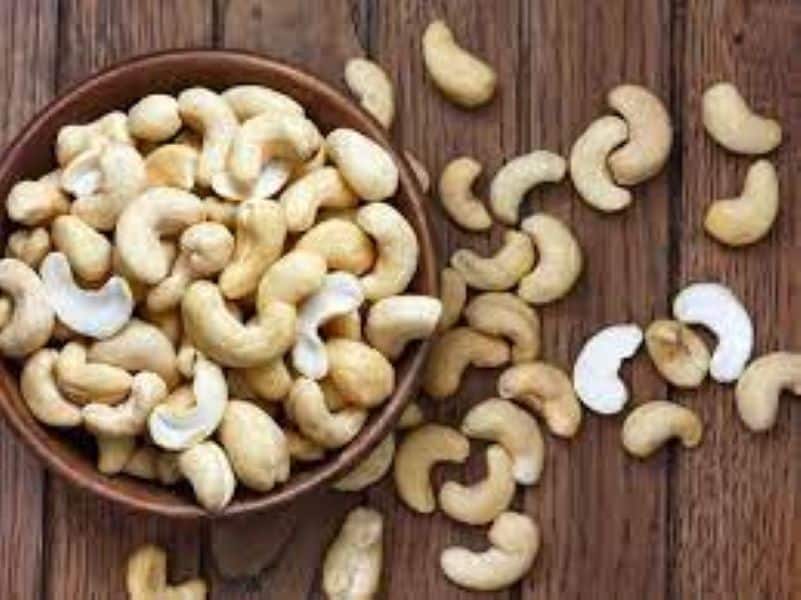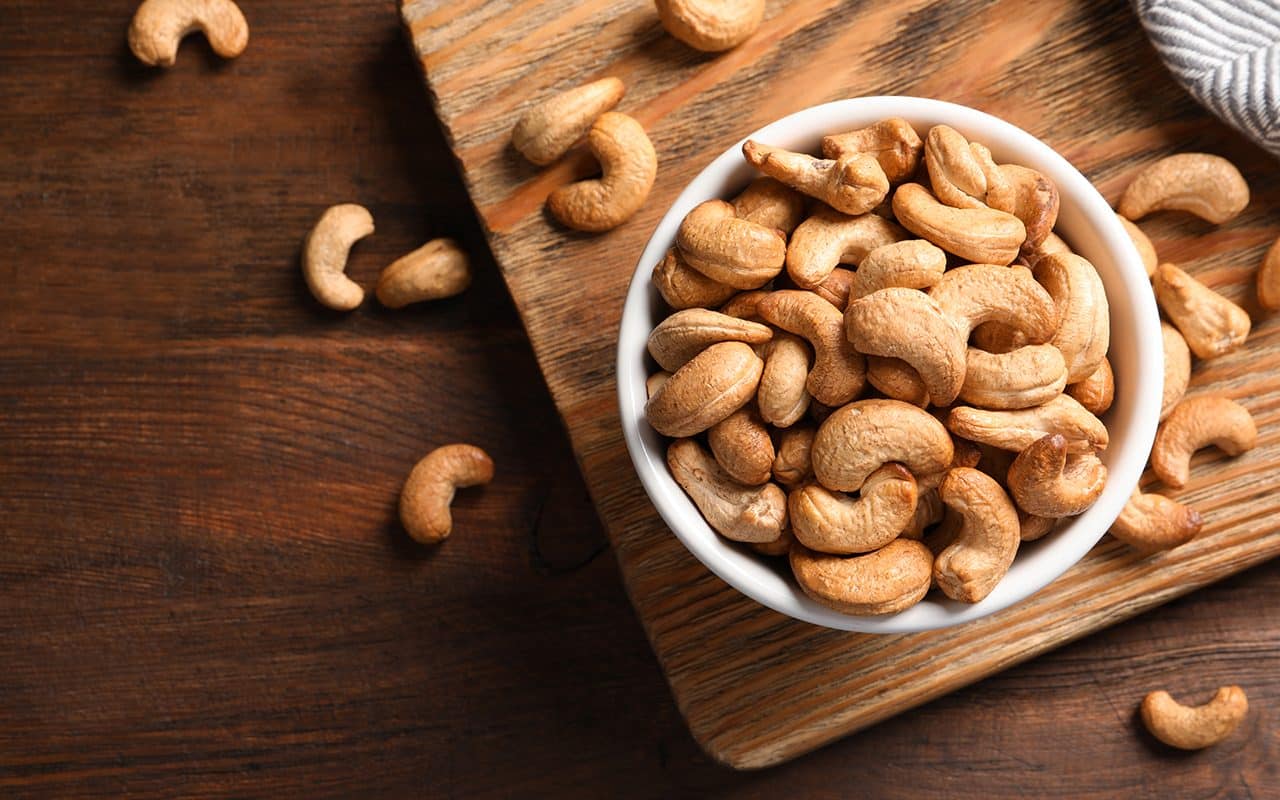When it comes to healthy snacking, cashew nuts are often overshadowed by their more popular counterparts like almonds and walnuts. However, these kidney-shaped nuts, commonly found in many households, are a nutritional powerhouse with a wide range of health benefits. Cashew nuts are not just delicious; they’re also packed with essential nutrients that can contribute to your overall well-being. In this article, we will explore the various health benefits of cashew nuts and why they should have a prominent place in your diet.
A Nutrient-Rich Profile
Cashew nuts, scientifically known as Anacardium occidentale, are native to Brazil but are now grown in several tropical regions around the world. These nuts are loaded with essential nutrients, making them an excellent addition to your diet. Here’s a breakdown of the nutritional content of cashews:
1. Protein
Cashews are a good source of plant-based protein, which is essential for muscle development and repair. A 1-ounce (28-gram) serving of cashews provides about 5 grams of protein, making them an ideal snack for vegetarians and vegans.
2. Healthy Fats
While cashews do contain fats, the majority of them are monounsaturated and polyunsaturated fats, which are heart-healthy fats. These fats can help reduce the risk of heart disease and promote overall cardiovascular health.
3. Fiber
Cashews are a good source of dietary fiber, which is crucial for digestive health. A serving of cashews contains approximately 1 gram of fiber, aiding in regular bowel movements and preventing constipation.
4. Vitamins and Minerals
Cashews are rich in essential vitamins and minerals, including:
- Vitamin K: Important for blood clotting and bone health.
- Vitamin B6: Necessary for brain development and function.
- Folate: Supports cell division and the formation of DNA.
- Magnesium: Helps regulate blood pressure and muscle function.
- Copper: Essential for the formation of red blood cells.
- Iron: Important for oxygen transport in the body.
5. Antioxidants
Cashews contain antioxidants like lutein and zeaxanthin, which are essential for eye health. These antioxidants may help protect your eyes from age-related macular degeneration and cataracts.
Health Benefits of Cashew Nuts
Now that we’ve explored the nutritional content of cashews, let’s delve into the health benefits associated with these delicious nuts:
1. Heart Health
Cashews’ high content of healthy fats, particularly monounsaturated fats, can help reduce the risk of heart disease by lowering bad cholesterol levels. The presence of magnesium in cashews also plays a role in regulating blood pressure, further promoting cardiovascular health.
2. Weight Management
Despite being calorie-dense, cashews can be beneficial for weight management. Their combination of protein and healthy fats helps promote a feeling of fullness, reducing the likelihood of overeating.
3. Bone Health
Cashews are a good source of vitamins and minerals like magnesium, phosphorus, and calcium, which are essential for maintaining strong and healthy bones. Incorporating cashews into your diet can contribute to better bone density.
4. Diabetes Management
Some studies suggest that regular nut consumption, including cashews, may help improve blood sugar control in individuals with diabetes. The combination of healthy fats, fiber, and protein in cashews can slow down the absorption of sugar in the bloodstream.
5. Skin and Hair Health
The vitamins and minerals found in cashews, including copper and biotin, are crucial for maintaining healthy skin and hair. Copper, in particular, supports the production of collagen, which is essential for skin elasticity.
6. Cognitive Function
The presence of essential nutrients like vitamin K, magnesium, and vitamin B6 in cashews can support brain health and cognitive function. These nutrients are involved in nerve function and neurotransmitter production.
7. Antioxidant Protection
Cashews’ antioxidants, including lutein and zeaxanthin, may help protect your eyes from oxidative damage, reducing the risk of age-related eye disorders.
How to Incorporate Cashews into Your Diet
To enjoy the health benefits of cashew nuts, consider incorporating them into your daily diet in various ways:
- Snacking: Enjoy a handful of roasted or raw cashews as a satisfying and nutritious snack.
- Smoothies: Blend cashews into your morning smoothie for added creaminess and nutrition.
- Salads: Sprinkle chopped cashews on your salads to add a delightful crunch.
- Stir-Fries: Use cashews as a topping for stir-fried dishes or incorporate them into the stir-fry itself.
- Nut Butter: Make homemade cashew butter as a healthy alternative to peanut butter.
- Desserts: Add chopped cashews to your favorite dessert recipes for extra flavor and texture.
Cashew nuts are indeed a nutritional powerhouse, offering an array of health benefits. From supporting heart health to aiding in weight management and promoting strong bones, these nuts are a versatile and delicious addition to your diet. So, next time you’re looking for a wholesome snack, reach for a handful of cashews and savor the numerous advantages they bring to your overall well-being. Remember, moderation is key, as they are calorie-dense, but when enjoyed in appropriate portions, cashews can be a valuable asset to your health-conscious diet.
Culinary Versatility
Cashew nuts are not only nutritious but also versatile in the kitchen. Here are some creative ways to incorporate them into your meals:
- Cashew Milk: Make your own dairy-free milk by blending soaked cashews with water. It’s an excellent alternative to cow’s milk and can be used in coffee, cereal, and smoothies.
- Cashew Cheese: Soaked and blended cashews can create a creamy, dairy-free cheese sauce or spread. It’s perfect for making vegan mac ‘n’ cheese or as a topping for crackers.
- Cashew Crust: Crushed cashews can be used as a crust for baked or pan-fried chicken or fish, adding a delightful nutty crunch.
- Cashew Dressing: Create a creamy salad dressing by blending cashews with lemon juice, garlic, and your favorite herbs and spices.
- Trail Mix: Combine cashews with other nuts, dried fruits, and dark chocolate chips for a nutritious trail mix that’s perfect for on-the-go snacking.
Purchasing and Storing Cashew Nuts
When purchasing cashews, keep the following tips in mind:
- Quality: Look for whole cashews that are plump, ivory-colored, and free of blemishes. Avoid cashews that appear discolored or have an off smell, as this may indicate spoilage.
- Raw vs. Roasted: You can find both raw and roasted cashews. Raw cashews are ideal for recipes where you want to control the roasting process. Roasted cashews, on the other hand, are ready to eat as a snack.
- Unsalted vs. Salted: For a healthier option, choose unsalted cashews, especially if you’re watching your sodium intake. If you prefer salted cashews, consume them in moderation.
To store cashew nuts and maintain their freshness:
- Refrigeration: Store cashews in an airtight container in the refrigerator to extend their shelf life. This is particularly important in warm climates where nuts can go rancid more quickly.
- Freezing: Cashews can be frozen for longer-term storage. Place them in an airtight container or resealable bag and store them in the freezer for up to six months.
- Keep Them Dry: Moisture can lead to spoilage, so ensure that the container or bag is airtight and free of moisture.
By following these guidelines, you can enjoy the health benefits of cashew nuts while ensuring they remain fresh and delicious.
Allergies and Precautions
While cashews offer numerous health benefits, it’s important to note that some individuals may be allergic to tree nuts, including cashews. Cashew allergies can range from mild to severe, so it’s crucial to be aware of any allergies before adding them to your diet.
If you’re uncertain about cashew allergies or any dietary restrictions, consult with a healthcare professional or allergist before consuming cashew nuts.
In conclusion, cashew nuts are a nutritional powerhouse that can enhance your diet in various ways. From their heart-healthy fats to their bone-strengthening minerals, cashews are a versatile and delicious addition to a balanced eating plan. Whether you enjoy them as a snack, in cooking, or as a dairy substitute, cashews can contribute to your overall health and well-being when consumed in moderation and with consideration of any allergies or dietary restrictions.



